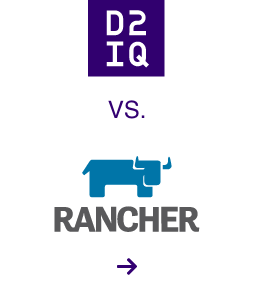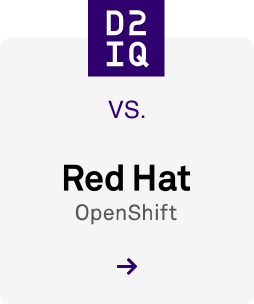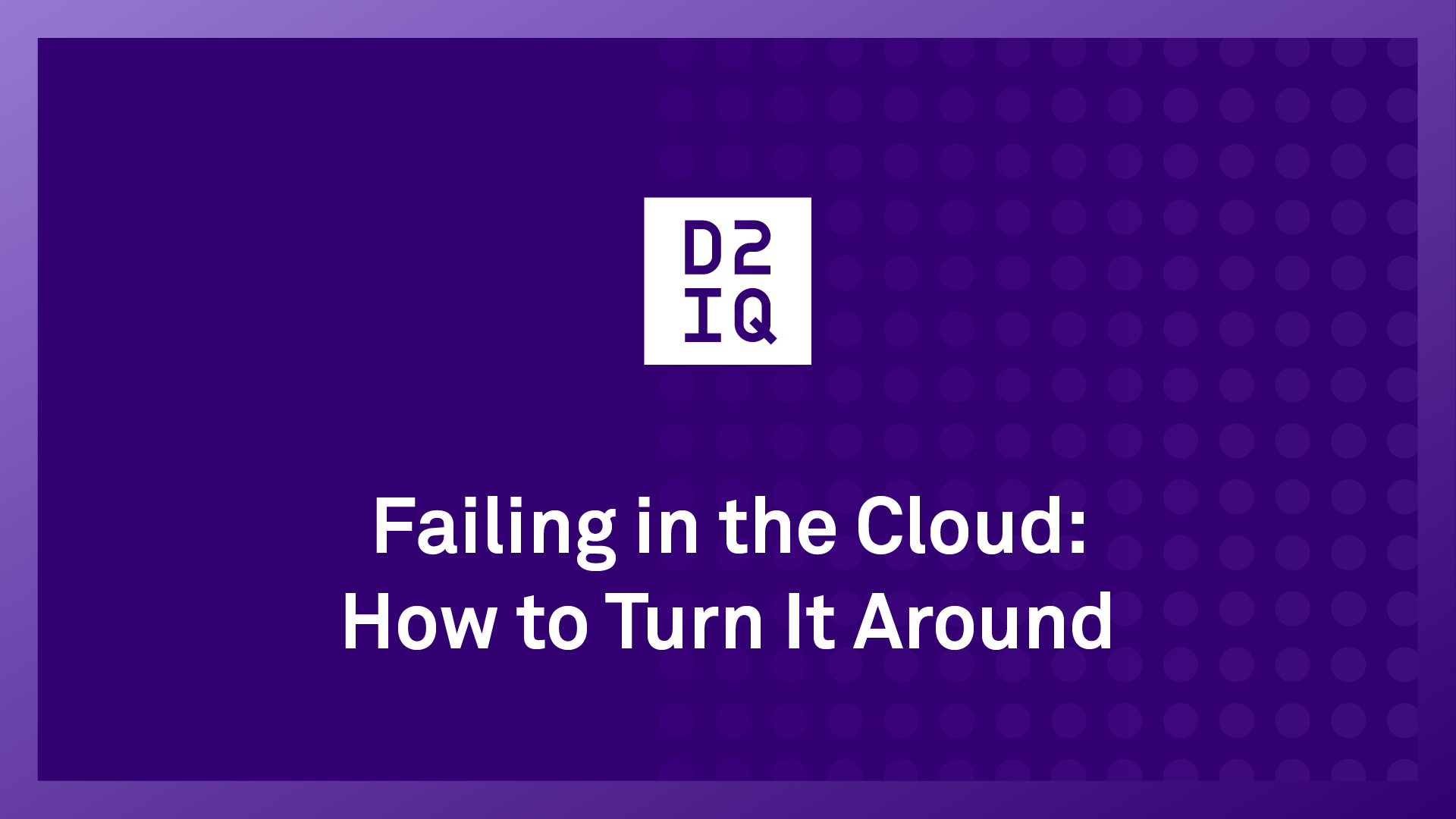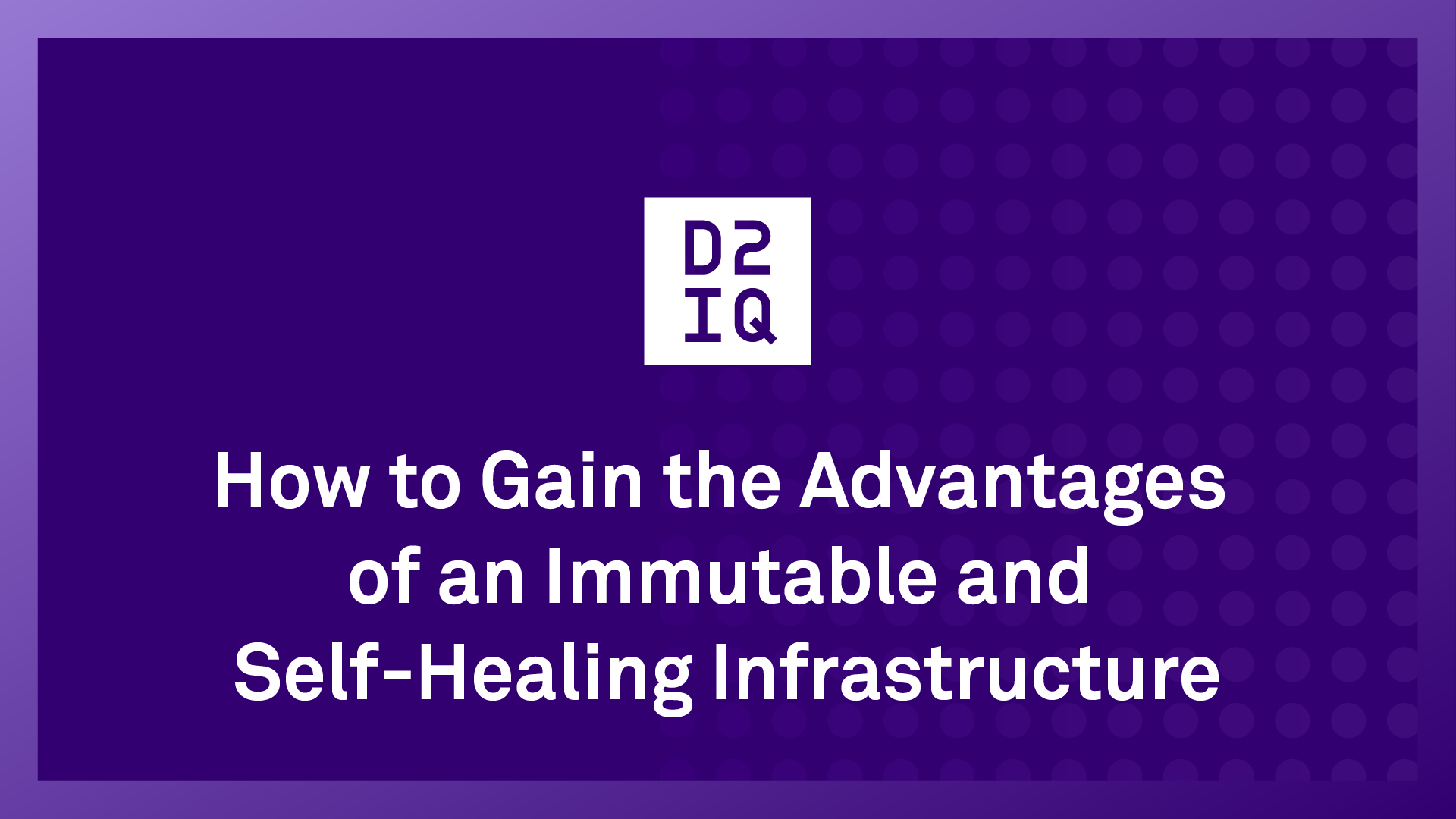The Future Is Smart: Cloud Native + AI
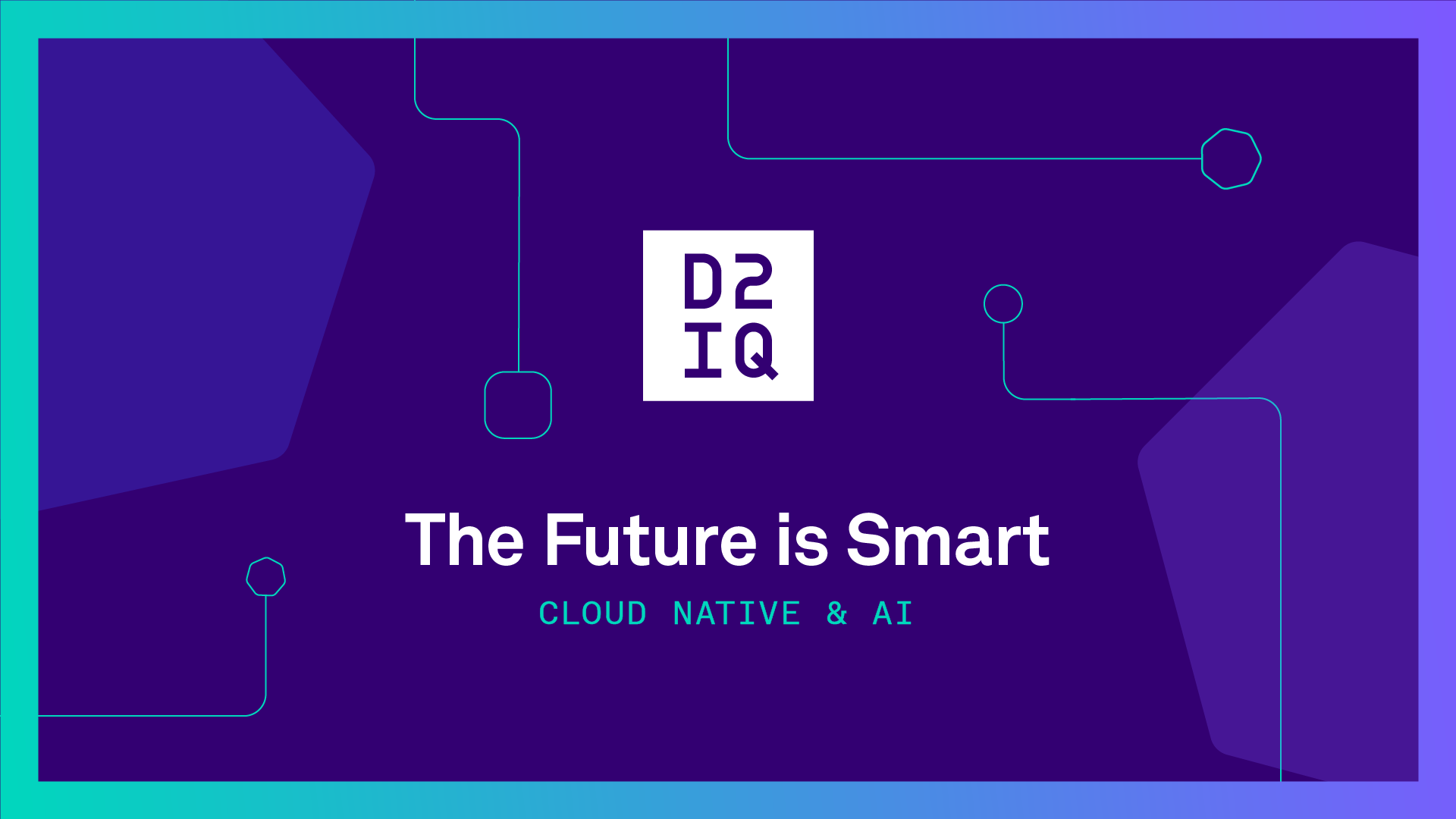
8 min read
Leading organizations around the world are adopting cloud-native technologies to build next-generation products because cloud native gives them the agility that they need to stay ahead of their competition.
Although cloud native and Kubernetes are very disruptive technologies, there is another technology that is probably the most disruptive technology of our generation, and that is artificial intelligence (AI) and its subset, machine learning (ML).
We already see AI in digital assistants like Siri and Alexa, chatbots on websites, recommendation engines on retail sites, in predictive analytics for product sales and equipment failure, for fraud detection, credit scoring, cyber security, robotics in factories, intelligent process automation, and many more. In the near future, AI will be embedded in almost all the products that surround us, from self-driving cars to next-generation medical devices.
Organizations that are building cloud-native applications today will need to evolve their capabilities to manage AI workloads because the next generation of cloud-native applications will have AI at their core. We call those “smart cloud-native” applications because they have AI built in.
Kubernetes a Perfect Match for AI
Kubernetes has become the enterprise cloud-native platform of choice and is a natural fit for running AI and ML workloads for a number of reasons:
- Kubernetes can easily scale to meet the resource needs of AI/ML training and production workloads as well as the continuous development nature of AI/ML models.
- Kubernetes enables sharing of expensive and limited resources like graphic processing units (GPUs) between developers to speed up development and lower costs.
- Kubernetes provides a layer of abstraction that enables data scientists to access the services they require without worrying about the details of the underlying infrastructure.
- Kubernetes provides high availability and failover protection to improve service-level agreements (SLAs) and resiliency.
- Kubernetes gives organizations the agility to deploy and manage AI/ML operations across public clouds, private clouds, on-premise, and secure air-gap locations, and to easily change and migrate deployments without incurring excess cost. In many use cases, training is done on the cloud, and inference at the edge. Kubernetes provides a single way to manage the many components of an AI/ML pipeline across disparate infrastructures.
- A smart cloud-native business application consists of a number of components, including microservices, data services, and AI/ML pipelines. Kubernetes provides a single consistent platform on which to run all workloads, rather than in silos, which simplifies deployment and management and minimizes cost.
- As an open-source cloud-native platform, Kubernetes enables organizations to apply cloud-native best practices and take advantage of continuous open-source innovation. Many of the modern AI/ML technologies are open source as well, and come with native Kubernetes integration.
Smart Cloud-Native Challenges
Organizations that want to build smart cloud-native apps must also learn how to deploy those workloads in the cloud, in data centers, and at the edge. AI as a field is relatively young, so the best practices for putting AI applications into production are few and far between. The good news is that a lot of the best practices that exist around putting cloud-native applications into production transfer easily to AI applications.
However, AI-driven smart cloud-native applications pose additional challenges for operators on Day 2 because AI and ML pipelines are complex workloads made up of many components that run elastically and need to be updated frequently. This means that organizations need to start building operational capabilities, especially for Day 2, around those AI workloads.
Cloud-native technologies have been around for about a decade, and enterprises are increasingly moving their most mission-critical workloads to cloud-native platforms like Kubernetes. This creates a slew of new challenges for organizations:
- First, because those workloads are so mission-critical, it puts a much higher burden on operations teams to keep those workloads running 24/7 while making sure they are resilient, can scale, and are secure.
- Second, those workloads tend to include more sophisticated technologies like data workloads, AI workloads, and machine learning workloads, which have their own operational challenges.
- Third, modern cloud-native applications tend to run on a broad range of infrastructures, from a cloud provider or multiple cloud providers to data centers and edge deployments.
The Answer Is Automation
Organizations that want to build modern cloud-native applications must figure out how to address the three challenges described above. The way D2iQ helps organizations address those challenges is by delivering a platform we call the D2iQ Kubernetes Platform (DKP), which uses automation to solve the most difficult cloud-native challenges, including managing advanced and mission-critical workloads, keeping them secure, and enabling them to run on any infrastructure.
Cloud native really is an entirely new way of building software, and organizations that want to adopt cloud-native technology also need to change their workflows and culture to take full advantage of cloud native’s potential. They must learn how to build applications in a cloud-native way and to adopt the technologies that enable them to put those applications into production in a resilient and repeatable way.
Taming Kubernetes Complexity
One of the challenges of building smart cloud-native applications is that Kubernetes platforms consist of a host of open-source components that make up the entire platform. Although these technologies are supported by a large open-source community, and although there is a lot of content that can help organizations become familiar with these technologies, there are challenges to building and managing a cloud-native environment that require a high level of skill.
Where a lot of organizations struggle is on Day-2 operations, when they put those technologies into production and have to figure out how to maintain them on an ongoing basis, how to keep them secure, and how to upgrade them. DevOps teams struggle with these areas because the skills needed to manage a typical Kubernetes environment are rare.
At D2iQ, we solve the cloud-native challenges by giving organizations a stable, resilient, secure, easy-to-deploy, and easy-to-manage Kubernetes platform that removes the Day-2 difficulties and enables the organization to be productive immediately. With DKP, deployment can be reduced from months to hours. Clusters can be deployed with a single command. Another key element is the DKP management plane, which gives operations teams a centralized dashboard through which they can manage Kubernetes with unmatched ease.
To further ensure success, we partner with our customers throughout the entire cloud-native journey– from Day 0, which is the planning phase, to Day 1, which is to install the software and get it up and running, to Day 2, which involves ongoing maintenance, keeping the platform resilient, keeping it secure, and making sure it can be upgraded.
A Firm and Future-Proof Foundation
The cloud-native market is an innovative and fast-moving space. DKP aggregates and integrates the leading open-source components from the cloud-native ecosystem. The D2iQ solution includes a Kubernetes platform, a multi-cluster management plane, and support for advanced data and AI workloads.
The DKP platform is built on pure upstream open-source components, which gives organizations the freedom to leverage continual open-source innovation with immunity from lock-in to proprietary solutions, while also yielding the lowest total cost of ownership.
DKP uses automation to solve the difficult tasks around operations of Kubernetes and delivery of cloud-native applications. By automating complex Kubernetes operations, DKP frees up a DevOps team’s time and enables them to focus their efforts on more impactful work.
Keeping Pace with Innovation
We believe that the speed of innovation in the cloud-native ecosystem is unparalleled.
Organizations that can keep pace with that innovation and learn how to adopt cloud-native and AI technologies will be able to build highly differentiated products that can put them ahead of their competition. They will be able to build their next-generation products much faster and in a more agile way, and they will be able to leverage AI to build smarter products.
At D2iQ, we specialize in creating a Kubernetes platform that is designed to support smart cloud-native applications and that reduces the complexity of harnessing AI to obtain actionable business results.
Just like cloud native is based on open-source technologies, we believe that smart cloud-native AI-driven applications will be powered by leading open-source technologies from the cloud-native ecosystem. That is why we have assembled those components into a fully supported mission-critical enterprise-grade stack.
We take care to ensure that customers gain the full benefits of Kubernetes and AI by partnering with customers throughout their entire journey–from planning on Day 0, to deployment on Day 1, to ongoing operations and production on Day 2.
To learn how D2iQ can help your organization attain the benefits of a smart cloud-native platform, contact the experts at D2iQ.
Originally published at DevOps Digest.


